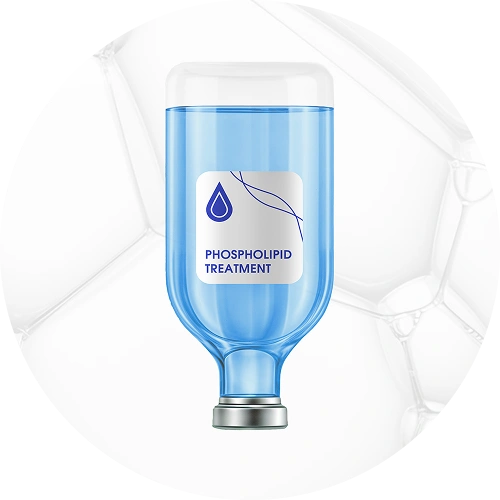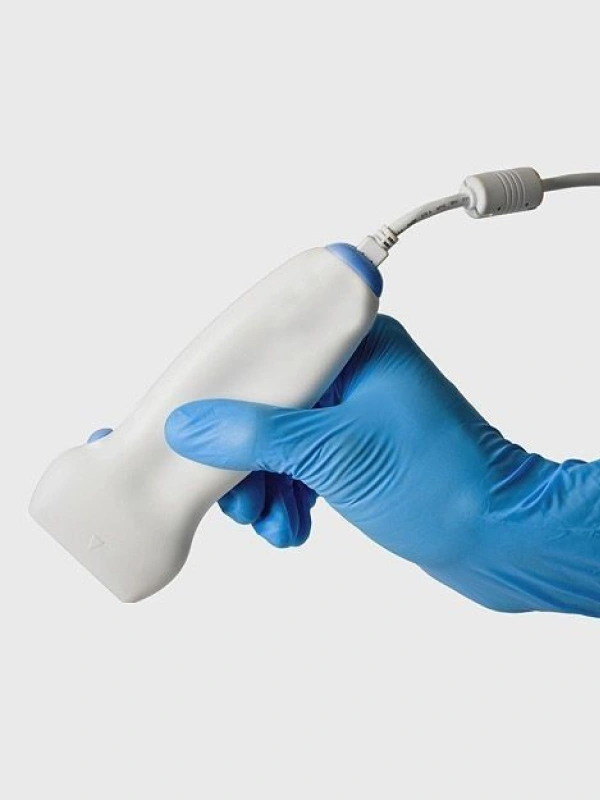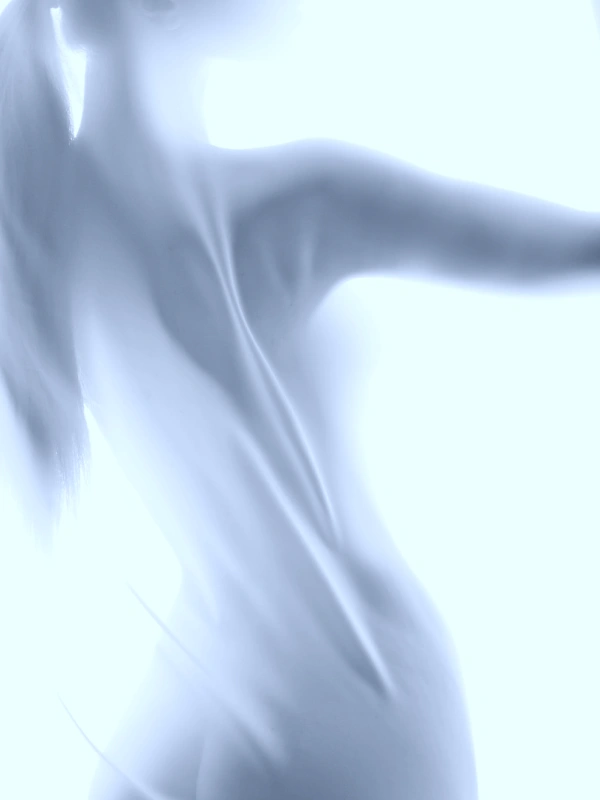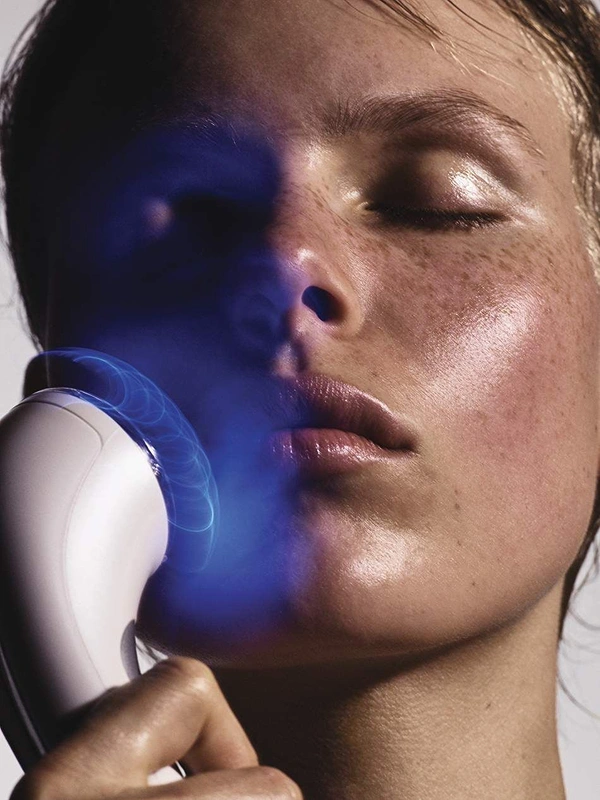Dubai
English
Request a call
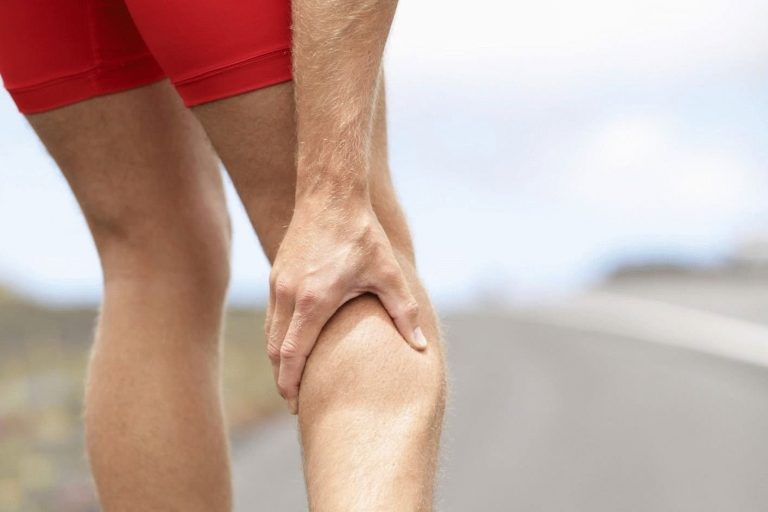
Waking up in the middle of the night from a sharp pain in your leg – familiar? Calf muscle cramps can appear suddenly and throw you off balance. Why do calves cramp at night, and what should you do if it keeps happening? Let’s figure it out to truly understand what’s going on in the body.
Causes of Calf Cramps
Sometimes it seems like it’s just a coincidence, but in fact, there are quite specific factors behind night spasms. It’s important to recognize them in order to know how to help yourself:- Electrolyte imbalance: if the body lacks potassium, magnesium, or calcium, muscle contractions can get out of control, especially in hot weather or after physical exertion.
- Excessive strain or, on the contrary, inactivity: those who are constantly on their feet or sit still for long periods often face calf overstrain.
- Uncomfortable shoes or posture problems: circulation is disrupted when wearing tight high-heeled shoes.
- Diseases related to blood vessels or diabetes: they worsen oxygen supply to the tissues, which causes spasms.
- Pregnancy: during this period the whole body works differently, and at night the increased load on the legs can lead to discomfort.
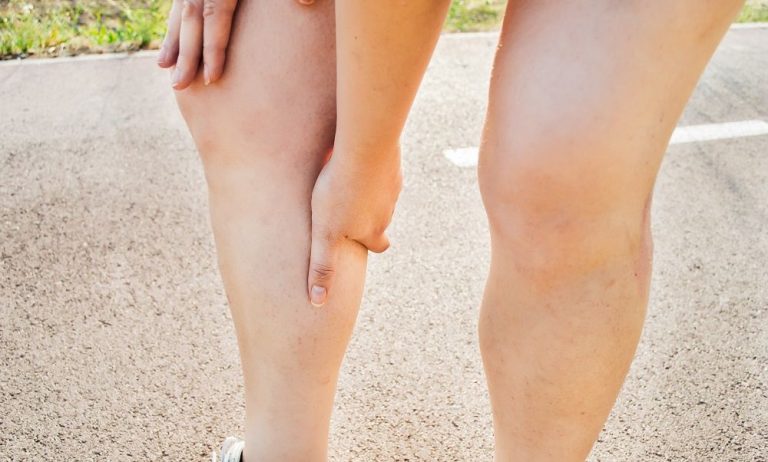
Why Calf Cramps Occur: What Happens at That Moment
To understand why calf cramps occur, imagine a muscle that gets “stuck” in tension. Normally, it contracts and relaxes, but if something disrupts the process, such as a lack of trace elements or poor blood flow, a painful spasm occurs. Why do calf cramps happen specifically at night? During sleep, the body is relaxed, blood circulation slows down, and any deficiency is felt more acutely. This is not just discomfort but a signal that the body lacks support. If cramps have become regular, it is worth paying serious attention to them. Sometimes they are a symptom of a deeper problem, not just a reaction to fatigue or the weather.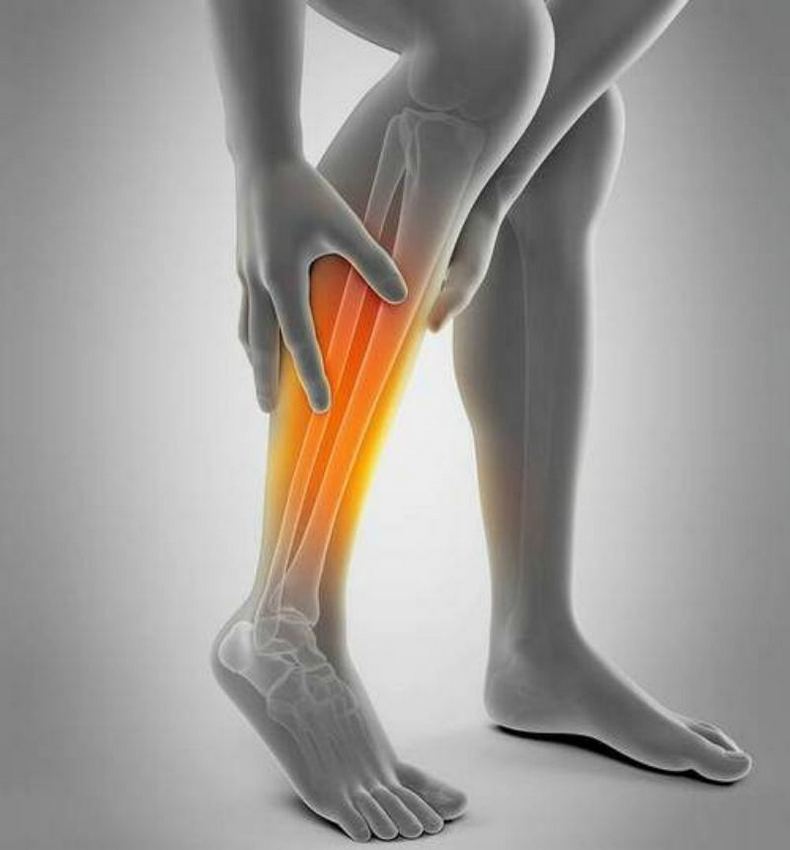
What to Do if Your Calf Cramps at Night: Quick Relief
A night spasm is an unpleasant situation, but not a hopeless one. There are simple actions that can help ease the condition right away:- gently pull your foot toward you with your hands: this will help stretch the muscle;
- massage the calf, pressing lightly to improve blood circulation;
- apply a warm cloth or heating pad: heat relaxes;
- try walking around the room a little, rolling from heel to toe.
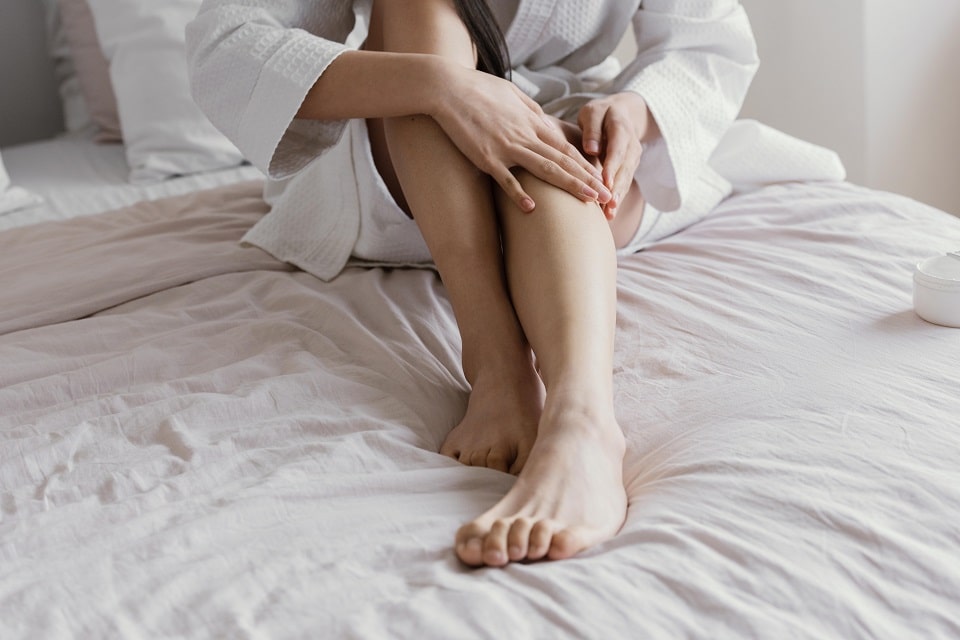
Why Do Calves Cramp at Night and How to Prevent It
When the problem repeats, it’s worth thinking not only about treatment but also about prevention. It’s better to stay ahead than to deal with the consequences. Here’s a small checklist for prevention:- Drink enough fluids throughout the day, especially if you exercise or sweat.
- Include bananas, nuts, spinach, and legumes in your diet: they are sources of magnesium and potassium.
- Do a simple calf stretch before bed — even 5 minutes can help your muscles relax.
- Avoid letting your legs get cold: in the cold, blood vessels constrict and muscles find it harder to get nourishment.
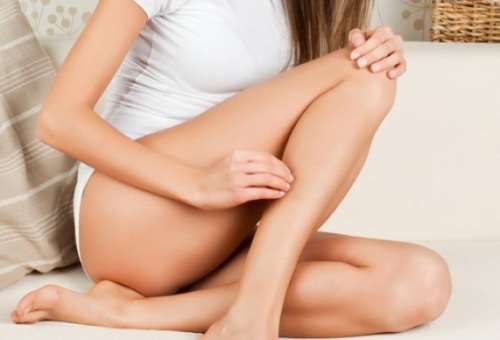
5 steps to make cramps happen less often
Sometimes the reasons are not obvious, but regular habits can change a lot. Steps that really work:- Watch your sleep and rest: chronic lack of sleep and constant fatigue deplete the nervous system and affect muscle tone, which makes spasms occur more often. Try to get enough sleep and avoid overloading yourself.
- Cut down on coffee and alcohol: these drinks promote the loss of magnesium and calcium, and their deficiency directly affects muscle function. It’s better to replace coffee with water or herbal tea, especially in the second half of the day.
- Move more throughout the day: even light physical activity – walking, taking the stairs, simple exercises – helps improve circulation and reduce the risk of cramps.
- Don’t stay in one position for too long: prolonged sitting worsens venous outflow and slows down metabolism. A phone reminder or alarm every hour will help you get up and stretch regularly.
- Pay attention to vascular health: varicose veins, thrombosis and other disorders are often accompanied by spasms. If you have swelling, heaviness in your legs, or a capillary network, this is a reason to see a doctor.
Small efforts: big relief
Night cramps in the calves are not a norm you should tolerate. The body is letting you know it needs attention. It’s worth listening to yourself and gradually changing habits – the effect won’t take long. If even simple measures don’t help, it’s better not to postpone a visit to a specialist: sometimes this is the first step toward lasting comfort. Our website features the following popular types of services:
Fill out the form to book your consultation.
Your personal manager will contact you within 10 minutes and arrange a convenient time for your visit.



